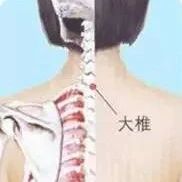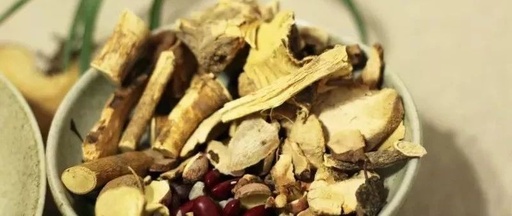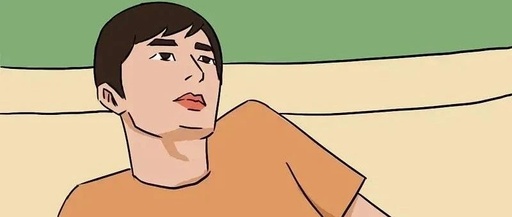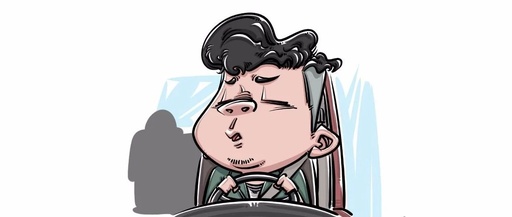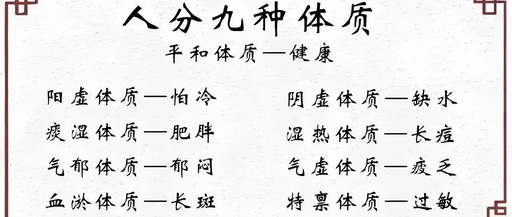Daily Knowledge: Manifestations of Qi Deficiency
Heart Qi Deficiency: Characterized by palpitations, fatigue, shortness of breath, and anxiety as the main symptoms; Lung Qi Deficiency: Characterized by weak cough, shortness of breath with wheezing, and spontaneous sweating as the main symptoms; Spleen Qi Deficiency: Characterized by reduced appetite, abdominal distension, and loose stools as the main symptoms; Stomach Qi Deficiency: Characterized … Read more

